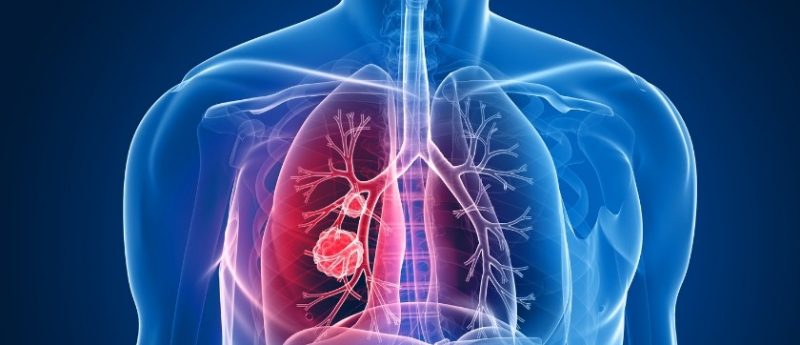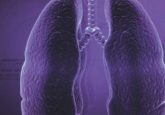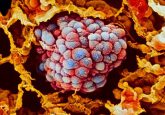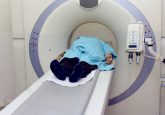Management of EGFR-mutant non-small-cell lung cancer patients after first-line reversible EGF receptor-tyrosine kinase inhibitors

Lung cancers harboring mutations in the EGFR respond to EGF receptor-tyrosine kinase inhibitor, which at present represent the most appropriate treatment for EGFR mutation-positive advanced non-small-cell lung cancer. Unfortunately drug resistance invariably emerges with different known mechanisms, including the EGFR T790M mutation, MET gene amplification, EGFR amplification, mutations in the PIK3CA gene, mutations in the HER2 gene, IGF1R amplification, transformation of non-small-cell lung cancer into small-cell lung cancer and moreover epithelial-to-mesenchymal transition. Various strategies to manage secondary resistance have been explored and in this review we will analyze scientific data in support of these different strategies to assess the most adequate to use in relation to the progression disease.
Click here to view full article.



